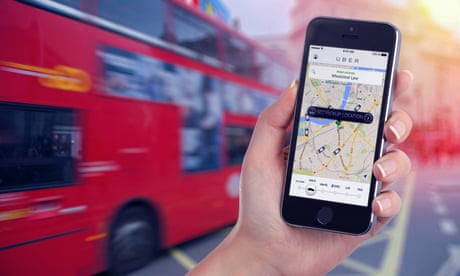Girish Menon
I do not sign in to You-tube under the assumption that my preferences
will not be known to Google. Yet, whenever I visit the channel I am nudged to
watch at least two new videos of Tarek Fatah. This could mean that despite my
best efforts Google knows my preferences and tries to keep me happy by
suggesting videos of a person I agree with. Could it also mean that Tarek Fatah
is a growing Indian phenomenon and may lead Indian Muslims to discard the
mullah and embrace secularism? Could it also mean that I am dreaming?
I have been reading and following Tarek Fatah’s writing and
speeches for over five years now. When I first came across his work he appeared
on Canada ’s
Rawal TV and had authored the work “The Jew is not my enemy”. Today, he appears
to be a permanent fixture on Indian TV channels and is the envy of most
aspiring politicians and godmen.
Tarek Fatah “an Indian who was born in Pakistan ” is a
Canadian citizen. He says that the definition of India or Indianness (Hindustani) cannot be restricted to the current political borders while continuing to ignore
the Indus Valley
civilisation and the historical cities of Lahore ,
Kesh and Nankana Sahib.
He is highly critical of Indians who badmouth Gandhi and
Nehru while praising Jinnah. According to Fatah, Jinnah was a pork eating Shia,
elected from a Muslims only constituency of Mumbai, who espoused the cause of
the Nawabs of Uttar Pradesh and Bihar . Jinnah
helped the state of Kalat negotiate independence from the British, got rewarded
in his weight in gold, and then after Pakistan
became free, sent in troops to annex what is now the troubled province of Baluchistan
He is critical of Nehru and Abul Kalam Azad for not allowing
Kalat and the North West Frontier province to join the Indian state
despite them being much closer to the Indian border than erstwhile East and
West Pakistan. He feels it is India ’s
responsibility to help resource rich Baluchistan (Kalat) break free from the yoke of Pakistan
and to become a free country.
Another anathema to Fatah is the mullah. He feels that
Indian Muslims have to make a clear choice between Allah’s Islam and Mullah’s
Islam. Allah’s Islam is based on the Quran alone which was a revelation to God’s
messenger Prophet Mohammed. Mullah’s Islam, on the other hand, which includes
the Hadiths and the Sharia, is a view of the various aspirants to power who used Islam as a political ideology to control people. The mullah in India, like Hindu Brahmins, have
ascribed to themselves the role of the sole agent of God and the interpreter of the religio - political legacies. The mullahs along with vote-bank politicians use this power to keep
Indian Muslims, especially women, subjugated.
To me, I have been disturbed by some of the developments in history
since the fall of the Soviet Union especially the rapid rise in ‘religious
movements’ the most prominent being the Islamic one. I have been on the lookout
for rationalists and secularists with Islamic sounding names and Fatah was the
first one I encountered. I do hope that Fatah can lead a renaissance among
Indian Muslims and thereby nudge Indian Hindus to move towards a more secular
position as envisaged in the constitution. Power to you Tarek Fatah.

